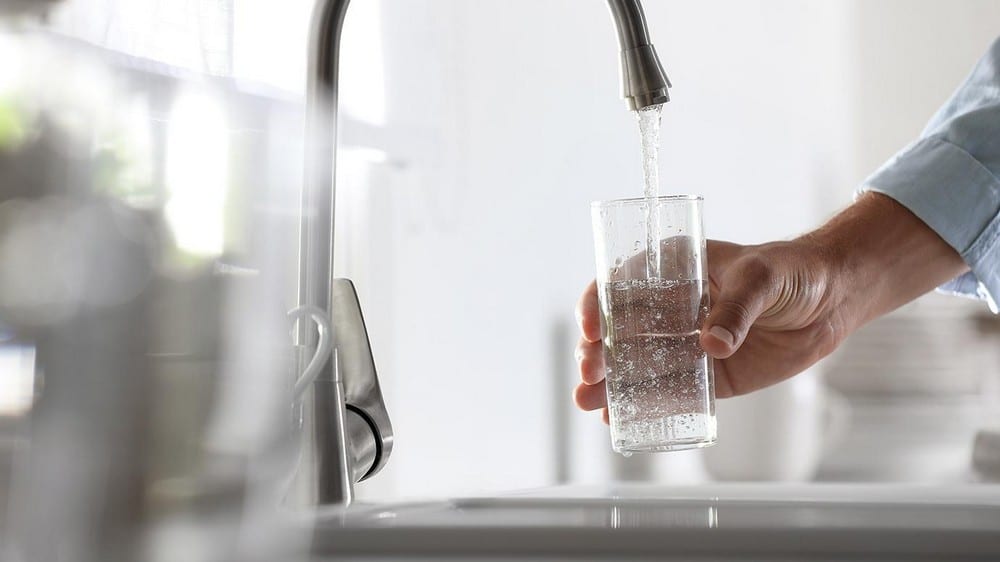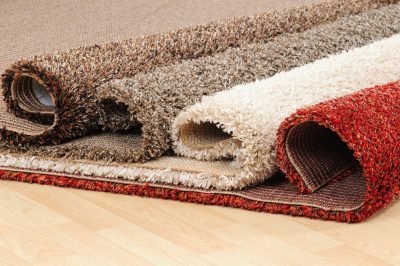
Anyone who’s lived in a major city has heard the warnings that you’re not supposed to drink the water out of the faucet, especially a bathroom faucet. Some people get around this by only drinking bottled water or boiling their water to make tea and coffee. Others will shrug it off as an urban legend and trust the city to provide clean and safe water. The problem is that the warnings don’t only relate to drinking water. There are also calls not to bathe or shower in city water. So what are you supposed to do? Well, city residents are now installing water filters directly under their sinks and next to their shower heads to filter out all the nasty chemicals and minerals to make their water safer. Here are some of the reasons why you should consider doing the same.
The Dangers Of Using City Water
1) Dry skin
City water is full of minerals and chemicals by its nature. The groundwater pumped through the waterworks picks up calcium, magnesium, and even iron from areas with rust. Then there’s the chlorine and the remnants of disinfectants. None of these are anything you want on your skin for long periods. It can dry it out and cause skin irritations.
2) Skin conditions
The bigger issue here is that these skin irritations could lead to deeper problems down the line. Rashes, irritated areas, and scratches can become infected. People who suffer from eczema may also be able to trace the root cause of the chemicals in their water.
3) Brittle hair
It isn’t just your skin that can suffer. If you’ve been trying to find the perfect shampoo and conditioner for your hair, but it’s still limp and breaking when brushed, is it the water?
4) Difficulty cleaning hair
It isn’t just brittle hair you have to think about when washing your hair in a shower in city water. Hard water with a high mineral content doesn’t react as well with soap and shampoo as soft water. It won’t lather up as well, and you can end up with some residue left behind.
5) Brittle nails
Then there’s the issue with your nails. Nails and hair aren’t dissimilar in their structure, and nails are as susceptible to damage. The minerals can strip them of their strength and make them easy to break. The last thing you want if you like to paint your nails is to rest them with a nail treatment instead.
6) Swallowing dangerous chemicals
Going back to those chemicals and minerals that can accumulate in the water, there are concerns about ingesting too many of them. This is particularly concerning if you live somewhere with lead in the pipe. If you drink city water straight from the faucet, without any sort of filter or boiling it first, that’s a problem.
7) Contact with bacteria and viruses
It isn’t just chemicals and heavy metals in water you need to think about. Bacteria and viruses can build up in poorly maintained water systems and survive all the way into your shower. Water-borne parasites can cause severe illness when injected, which only becomes worse when people continue to drink infected water without realizing it.
8) Long-term health conditions
Again, the threat of long-term health conditions arises with ongoing ingestion of chemicals. The minerals can build up and affect the function of our organs and neurological system. There are also fears that city water with a lot of chemicals and minerals could lead to reproductive issues.
The problem is that you can’t do much about the fact that you have city water coming out of your faucets when you live in a city. We can’t complain about easy access to running water for cleaning, showering, and drinking when it’s so inaccessible elsewhere. We certainly can’t start disconnecting the water supply to avoid all those risk factors and use something else. Homes with freshwater systems and recycled rainwater have an advantage when they can collect and process the water with ease. But you’re not going to be able to do that very easily in a downtown area or a large apartment block. So, what’s the answer? Well, shower water filters could be just what you need.
Adding A Water Filter To Your Shower
Water filters act as the perfect barrier between your water outlets and the plumbing system. You can set them up under your sink to filter all those nasty chemicals and minerals out of the city water and make it a lot healthier. This is a popular way to create better drinking water at home. However, you can then go a step further by adding a water filter to your shower and enhancing the water quality directly. They’re easy to find, easy to install, and could help you with a lot of the problems mentioned above.
Isn’t This An Expensive Way To Improve City Water?
There are some upfront costs to consider when adapting your home with new water filters. They aren’t the cheapest devices in the world, but you don’t have to pay a fortune, either. Remember that the better the quality and more effective the filtration, the more you’ll benefit. So, it might be best to go for something a little more high-end that’s cost-effective in the long run. You can leave it in place, filtering out your water for as long as you need it. The best models are also so easy to set up that you can maintain them with ease and take them with you to your next property. On top of all that, think about the potential savings on treatments once you’re no longer dealing with dry skin, brittle hair and nails, and initiation.
The main takeaway from all this is that if you aren’t careful, you could end up ingesting or bathing in some dangerous substances. You might think your water is perfectly safe and clean right now, but you’d be surprised what’s lurking in there. So, get a shower water filter and protect yourself. Your skin, hair, and overall health will thank you for it.








